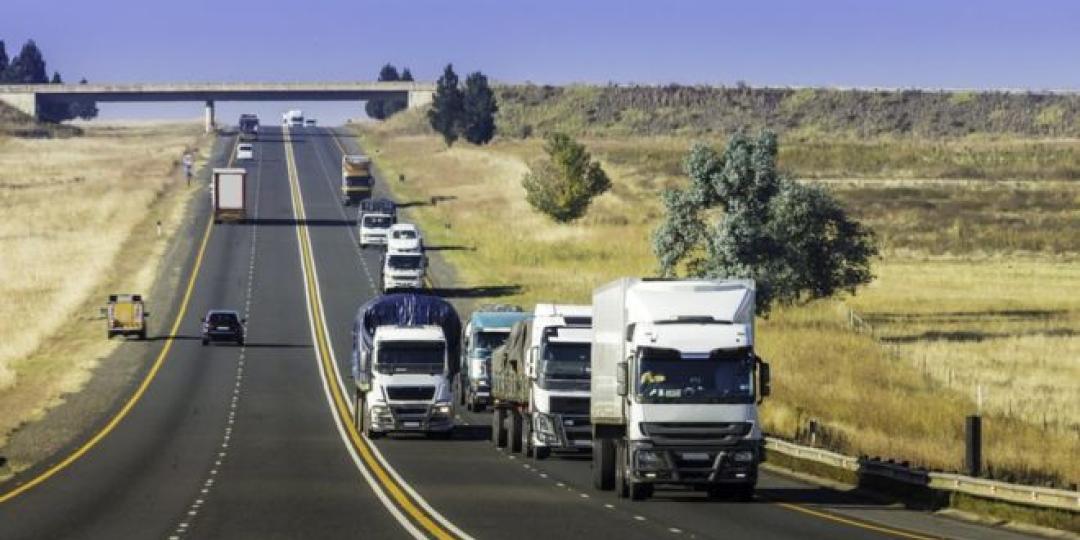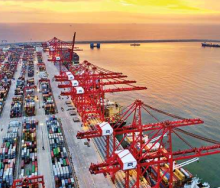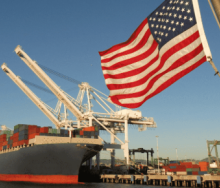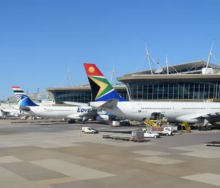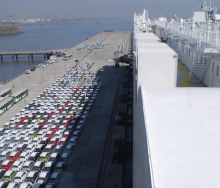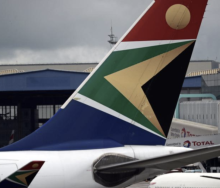Green shoots are appearing that bode well for a brighter economy and business environment in the coming months following a “tumultuous” period for the road freight sector in 2022.
Road Freight Association CEO, Gavin Kelly, said 2022 had been a tumultuous year that had eclipsed the struggles of the Covid-19 pandemic, which was now just a hurdle in the global economic environment compared to the “virulent disruptor” of the supply and demand dynamics of petroleum-based fuels.
“The 'Ukraine affair' brought with it two stark truths. One, most economies throughout the world are built (through reliance) on petroleum-based fuels and products, and two, global food supply chains are far more vulnerable than we thought. We have seen countries go to war with one another over the very things that for so long have been taken for granted – power, heating, water, food and freedom,” Kelly said.
Closer to home, Kelly added that rising crime against business had become a “worrying trend”.
“Criminality has increased, and what appear to be ‘organised attacks’ on the supply chain continue - despite efforts by various role players.”
He said specific high-value cargo was being targeted, including coal within the mining and electricity supply sectors, and there had been attacks on agriculture both while in the field and when harvesting occurs. Goods such as liquor, electronics and foodstuffs were also targeted on the roads, and vehicles were being hijacked for parts, resale and industrial sabotage.
“There are reports of opportunistic looting when public unrest occurs,” Kelly said. “Sometimes there is the feeling that public unrest is agitated and organised for the sole reason of plundering the links in the supply chain – warehouses, distribution depots, retail outlets, road freight vehicles, and associated intermodal facilities (like ports and terminals where goods are concentrated). Is there a connection more than just ‘coincidence’?
“Vehicles are frequently stoned for no apparent reason, other than to stop so looting can occur or to ‘voice’ displeasure at some issue - totally irrelevant to the road freight operator. This has been the greatest concern during the year: the endless violent attacks against the road freight logistics chain,” Kelly said.
In some cases, activities have resulted in complete delivery routes and specific supply chains being stopped, rerouted or even being lost to the country.
“Perishable goods have been destroyed, ship sailings missed, which in turn have cost the country millions (if not billions) of rands in lost revenue. Some industries have shrunk, whilst others have just closed their doors,” Kelly said.
The country could not continue to “sink” business by not dealing with crime on its transport corridors and by not ensuring that basic legislation relating to employment and immigration is implemented, monitored and managed.
However, he said there were signs of many “green shoots” in the economy which will help to improve the climate and slow inflation, and these include the petrol price drop in December and January after it reached “unthinkable heights” during 2022.
“Whether we liked it – or not – the continuous increases in the price of diesel inevitably drove the cost of transport and logistics up – month by month – and with roughly 85% of all goods moved through and around the country having a road leg at some part in the journey, there were increases to consumers,” Kelly said.
And while 2022 may not have had a bountiful festive season, the economy was improving at a faster and more resilient rate than initially expected, he added.
“This should continue into the first two quarters of 2023, which will result in higher demand for consumer goods – and that will result in stronger logistics demand. The demand to replenish inventories has remained strong, which is further supported by market growth (population growth and the increase in disposable income), pushing consumption levels upwards. Transporters will feel this impact in the demand for transport.”
He added that the industry was also waiting in anticipation to find out what political changes lay ahead, including a change in the minister of transport.
“The time has come to implement the changes brought about by the Moving South Africa Strategy, and the National Road Traffic Act (NRTA) – especially Chapter VI (Operator Fitness). Much of the devastation we have seen in the road freight sector can be prevented through the application of the NRTA and the concerted effort by all authorities to remove non-compliant operators from the road,” he said.
